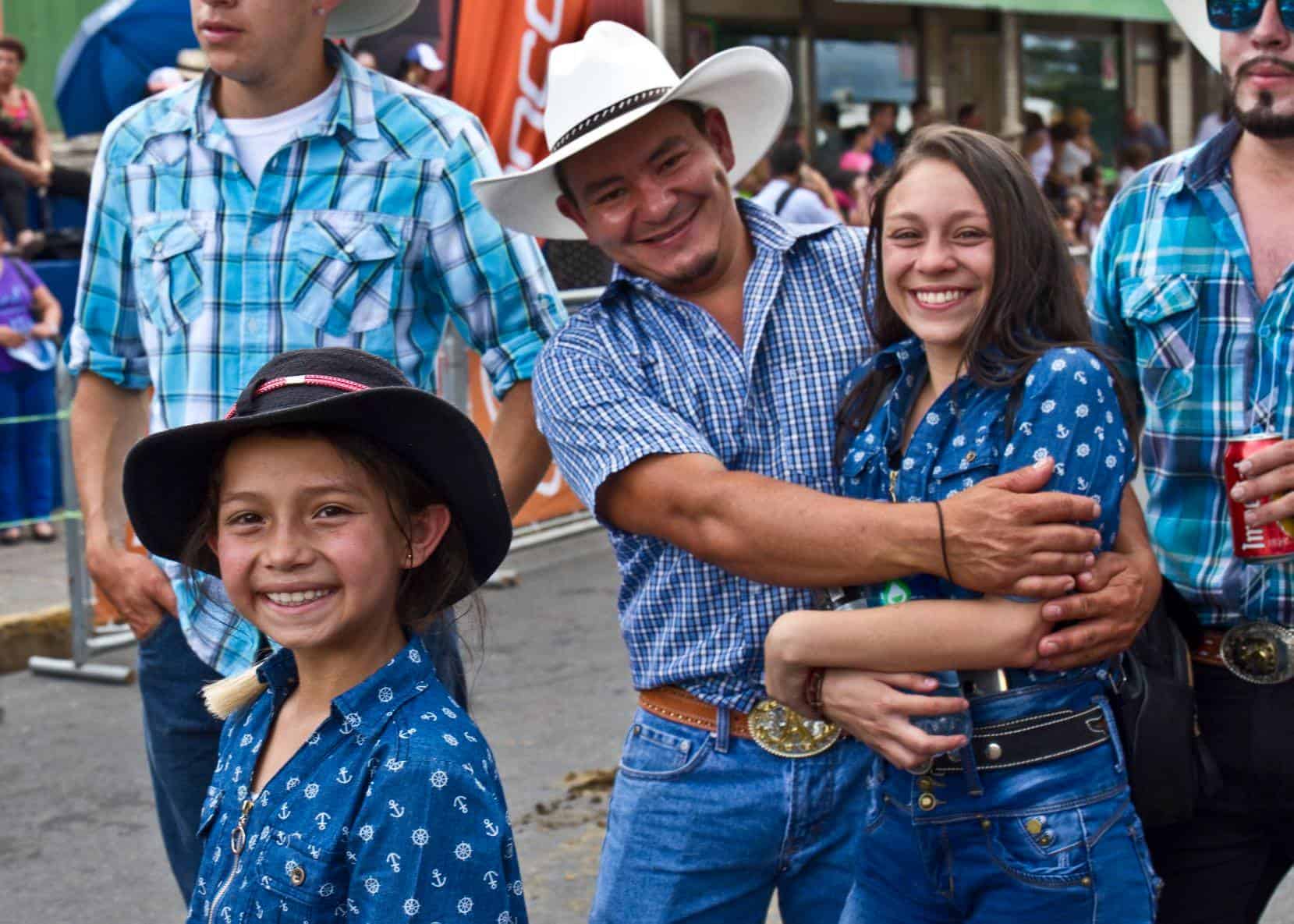You can’t call yourself fluent in Costa Rican Spanish unless you understand its slang.
Over the past several weeks, we brought you Parts 1,2 and 3 of our Tico Talk series on tiquismos or costarriqueñismos.
Here’s Part 4:
A la hora de burro: To be late for something.
Añejo: A person who has not bathed or has poor hygiene. Champú is also used for person who does not bathe.
Azote: An attractive person.
Bomba: A bomb, pump, or gas station. Additionally, during a Costa Rican folk dance, there is an interruption where someone recites a popular and often humorous verse. When the music stops, someone yells, “Bomba.”
Dicharachero/a: A person like me who uses a lot of Costa Rican expressions.
Estar camote: To be crazy. Camote means sweet potato. In the old days, people who resided in Costa Rican mental institutions were fed a lot of sweet potatoes. So the word camote became a synonym for crazy.
Fajarse: To work hard or make a big effort.
Goma: Hangover. Gomón is a big hangover. Resaca is used for hangover in many countries.
Guachiman: A type of guard or watchman. It is derived from the English word, “watchman.” Gauchi is the shortened form of this word. Gauchi is also short for the town of Guachipelín.
Guácala: Yuck! Or gross!
Pellejo: An old person
Pelliscado/a: A mentally sharp person. Vivo/a is a synonym.
La pelona: The personification of death.
Palmarse: To die. Patearse el balde (literally to “kick the bucket”) is often also used here, as is Colgar los tenis.
Pelota: A group of people or friends. This word also means “ball” in Spanish.
Ruco: A horse. This word can also mean “pants.” Echar el ruco is to try and seduce a woman.
Tiquismos or Costa Rican expressions of the week:
Subirsele el apellido: To get mad. Enjojarse or ponerse bravo/a mean the same thing.
Ser de pocas pulgas: A person who gets angry easily
No hay santo en que persignarse: “Nowadays, you cannot trust anyone.”
Christopher Howard has been conducting monthly relocation/retirement tours and writing retirement guidebooks for over 30 years. See www.liveincostarica.com. He is also the author of the one-of-a-kind bestselling, “Guide to Costa Rican Spanish,” that can be purchased through Amazon.






